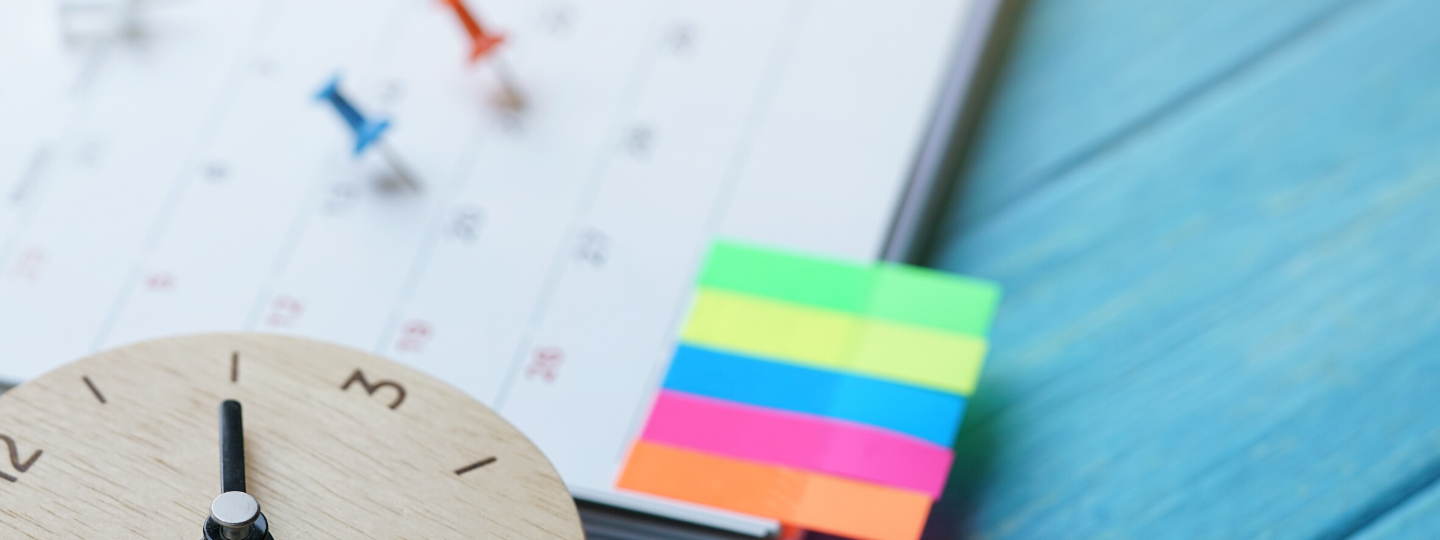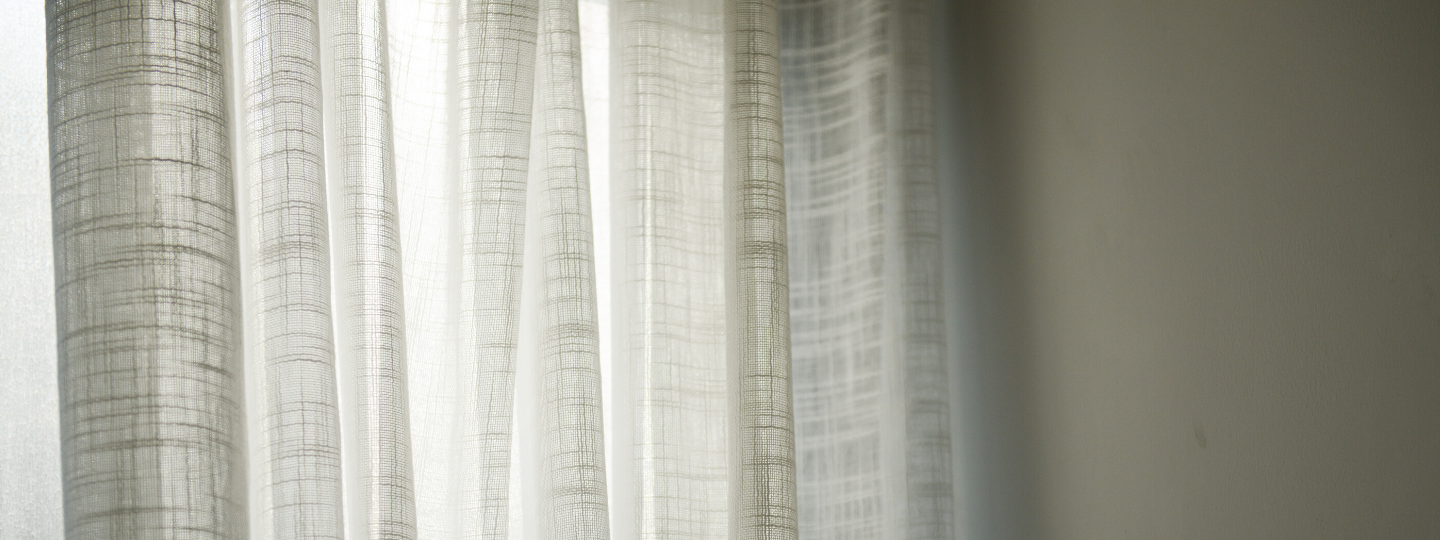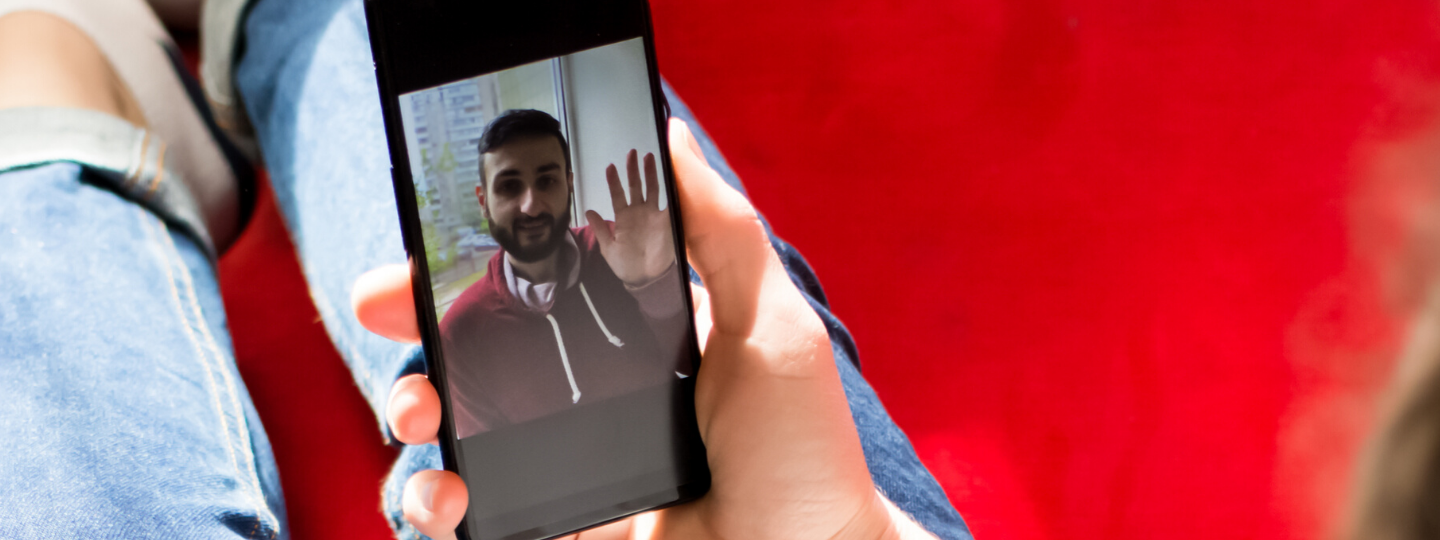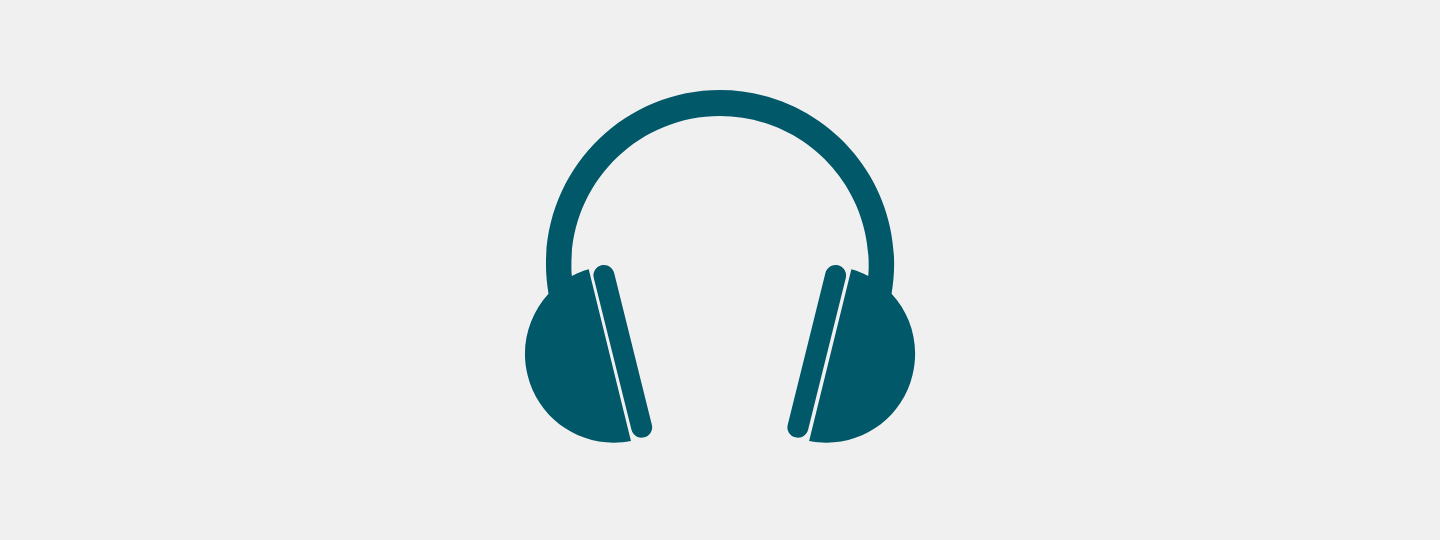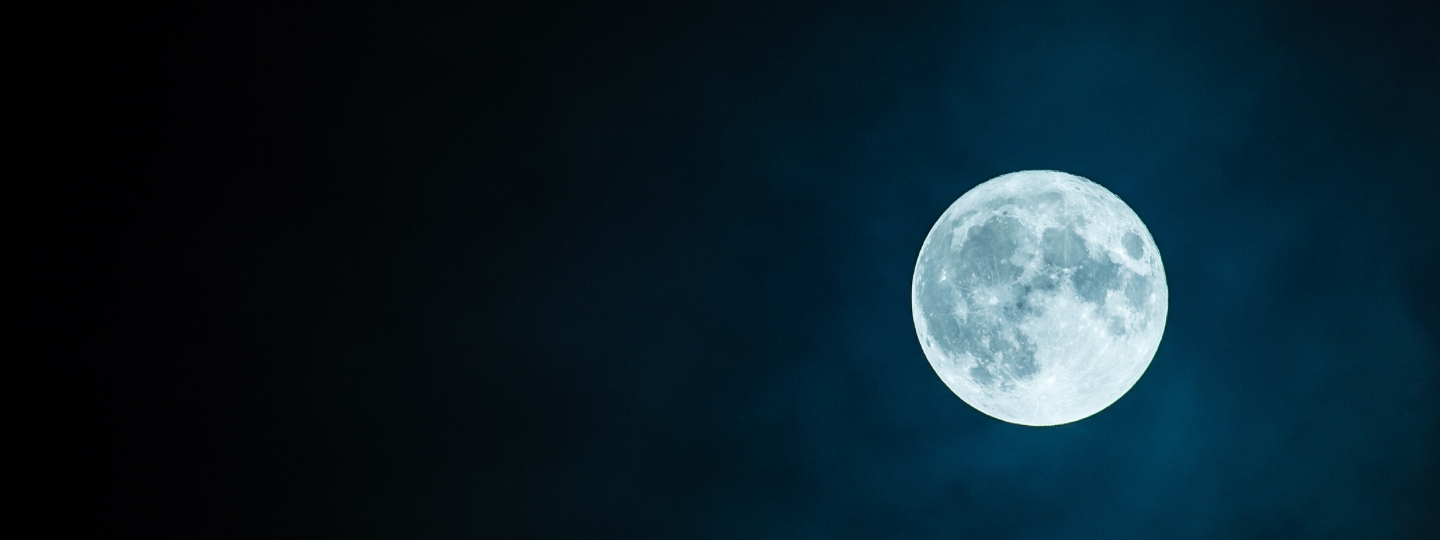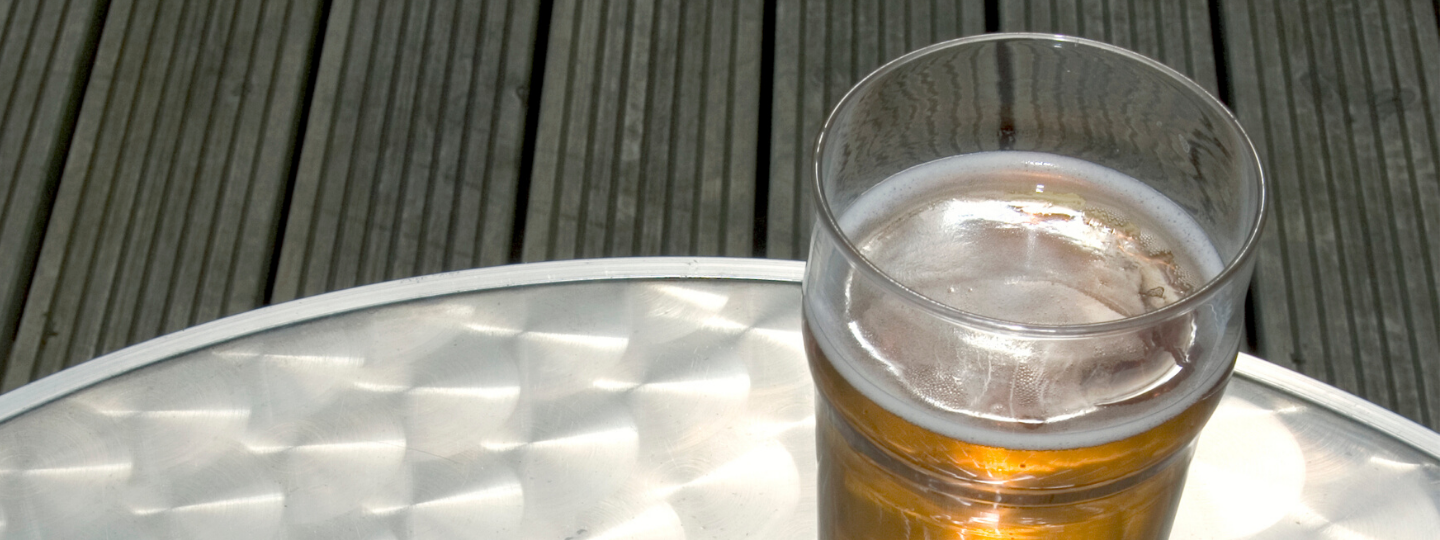Tom, Jigsaw clinician, talks about what we can do to manage cabin fever while we’re stuck at home.
Category: Covid-19
Watch: Staying connected in current circumstances
Here Claire, Jigsaw Clinician, talks about connectivity and staying in touch during these new circumstances.
Watch: Social media use during the pandemic
In this video Linda suggests how we can use social media in a way that is less likely to negatively impact our mental health.
Watch: Five-a-day in the time of Coronavirus
Managing routines while working from home
Having a routine is good for our wellbeing. It creates structure in our week and gives us a sense of purpose. Routine also makes it easier to do the things that are important to us.
With schools and colleges closed, work situations changing, and physical distancing, many people are struggling with daily life feeling quite different.
We can use routine as a way to support our mental health at this time.
Anxiety about health and coronavirus
The Coronavirus (COVID-19) pandemic has led to a situation where we have to be mindful about our health and wellbeing.
As we return to schools, colleges and workplaces, we are being told how to keep safe, recognise symptoms and respond if we become ill. If you do notice worrying symptoms, follow the HSE advice: phone the GP to make sure you are OK and discuss what care you might need. However, many of us are feeling increased anxiety about our health which is not helpful.
Although things are starting to return to normal, many of us are still unable to take part in our pre-covid routines. We may have lost previous coping strategies or fallen into unhelpful habits during the period of lockdown. The current situation can increase worry about our own health, and that of others. This stress in itself can impact our physical health. For this reason, we must do our best to manage stress.
Being there for friends while social distancing
Disruptions caused by the pandemic changed life as we know it. We were challenged to accept the uncertainty of the moment.
Focusing on what is within our control helped with the stress we may have felt.
We can, fortunately, control how we maintain our connections and friendships with others. Covid may have made us more aware of our vulnerabilities. However, we have also been able to find new ways to connect and care for the people in our lives.
From singing across balconies to neighbourhood volunteer groups, people across the globe found ways to connect.
Listen: Feelings of anxiety
Listen to Jen, Jigsaw clinician, talk about feelings of anxiety and what we can do about them.
Ramadan during lockdown
Karima, a Jigsaw volunteer gives her story
Friday, 24 April was the first day of Ramadan for me and many other Muslims around the world.
This Ramadan will be different to the many others I’ve experienced, due to the current lockdown situation.
Throughout the month of Ramadan, most Muslims won’t eat or drink between dawn and sunset. This is known as fasting and it is one of the Five Pillars of Islam; alongside Faith, prayer, charity and doing Hajj (a journey to the city of Mecca). Ramadan is the ninth month of the Islamic calendar. As we use the lunar calendar, its date changes on a yearly basis that is based on the different moon cycles.
Substance use and mental health during COVID-19
Covid-19 has highlighted how our actions impact ourselves and the people around us. It’s helpful to consider how the use of alcohol and drugs can influence and impact our ability to cope with this situation.
Life was tough enough, and Covid-19 can make everything seem harder. Faced with challenging circumstances, alcohol and drugs can seem like a way to cope. We may feel they will help us escape the uncertainty of this pandemic.
Both the Covid-19 situation and substances can impact mental health, so inform yourself as much as possible to make the right decisions for you.





